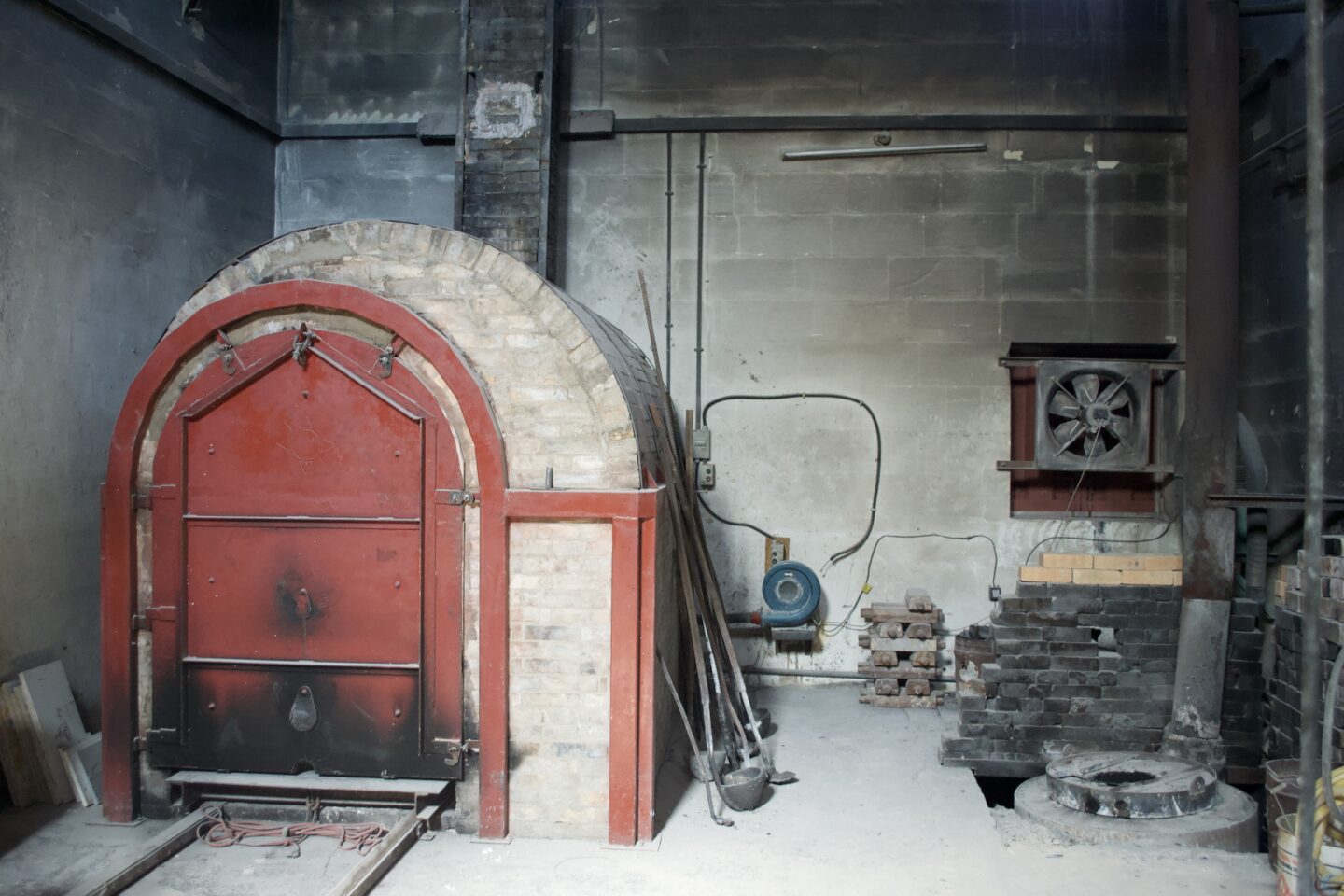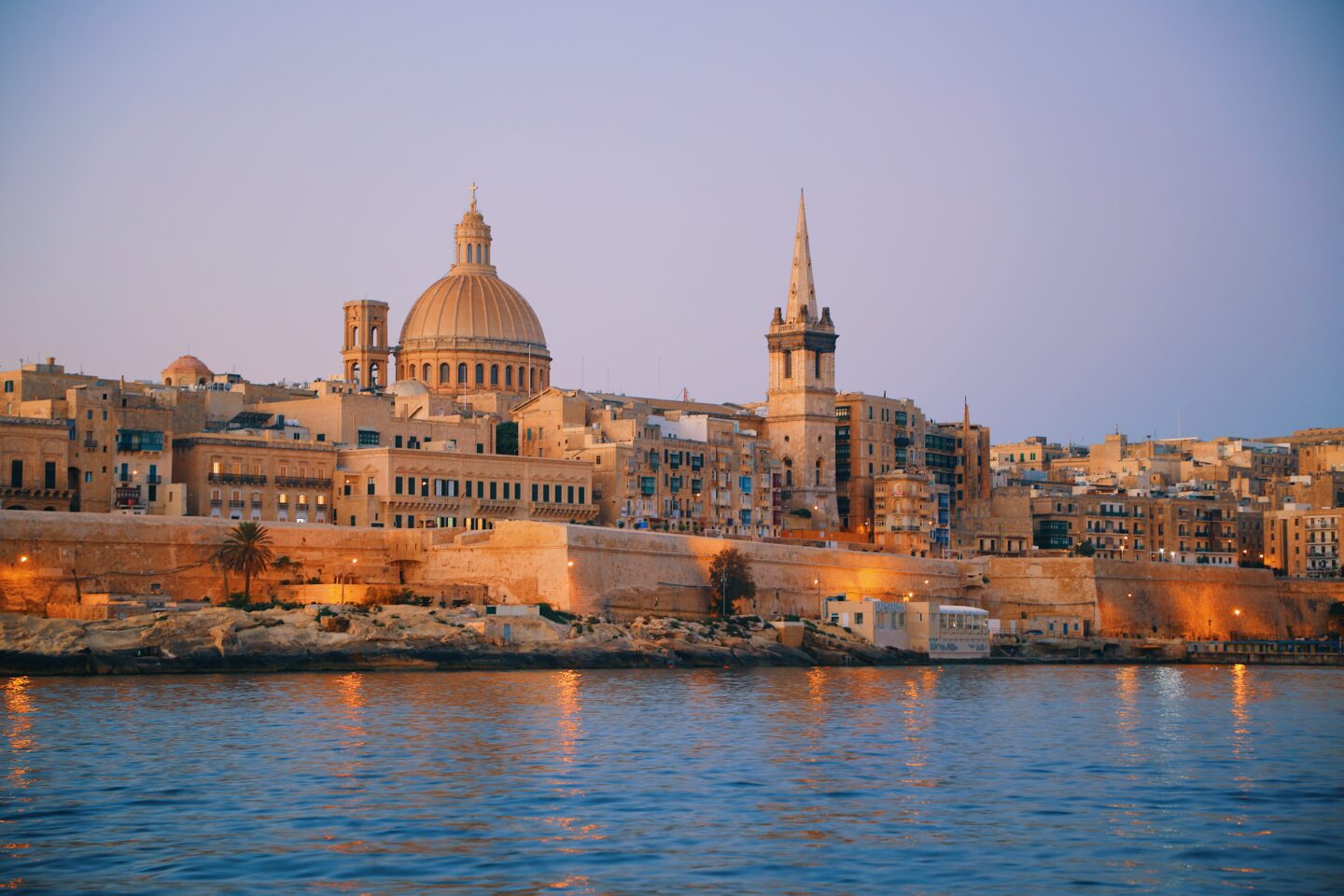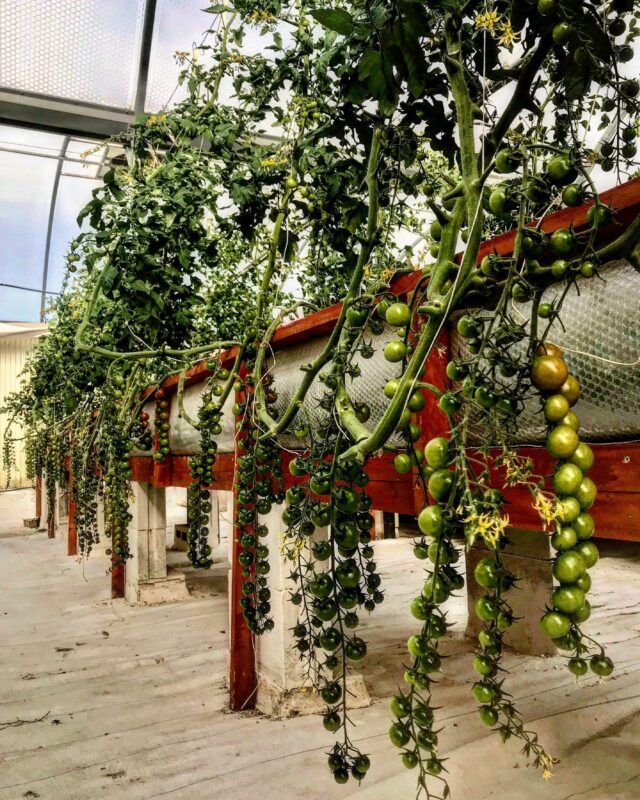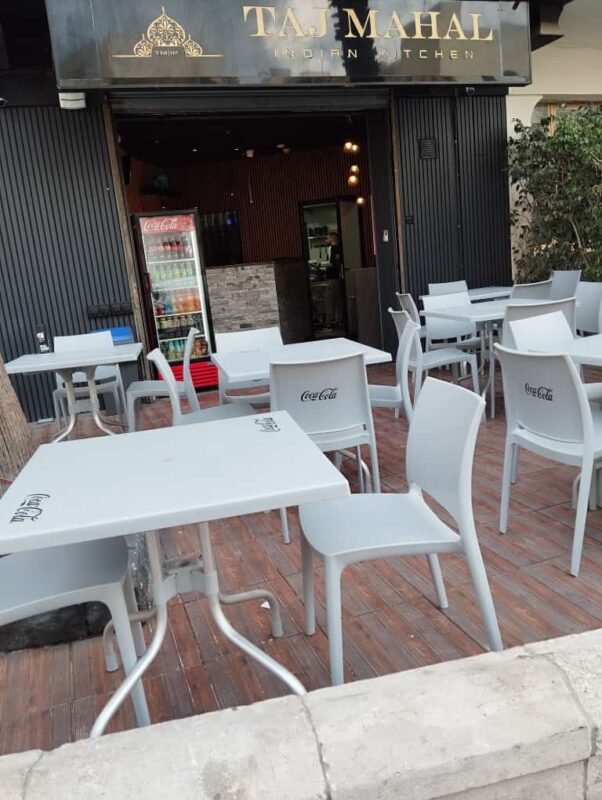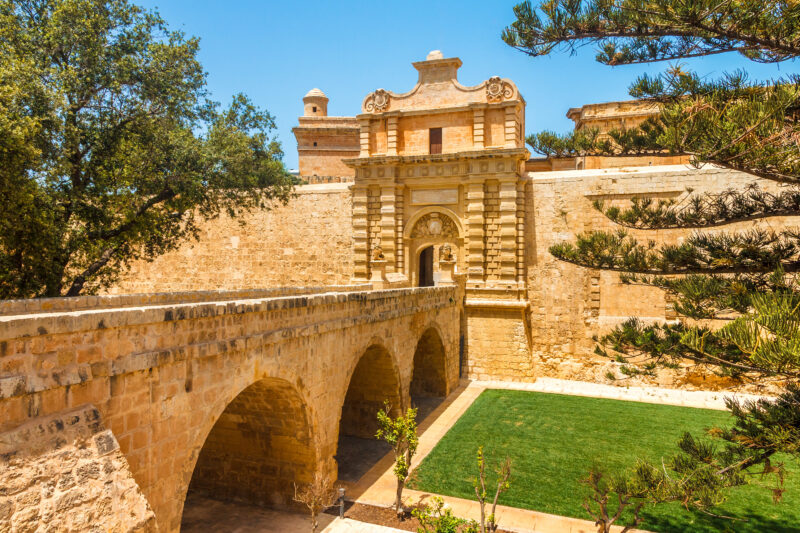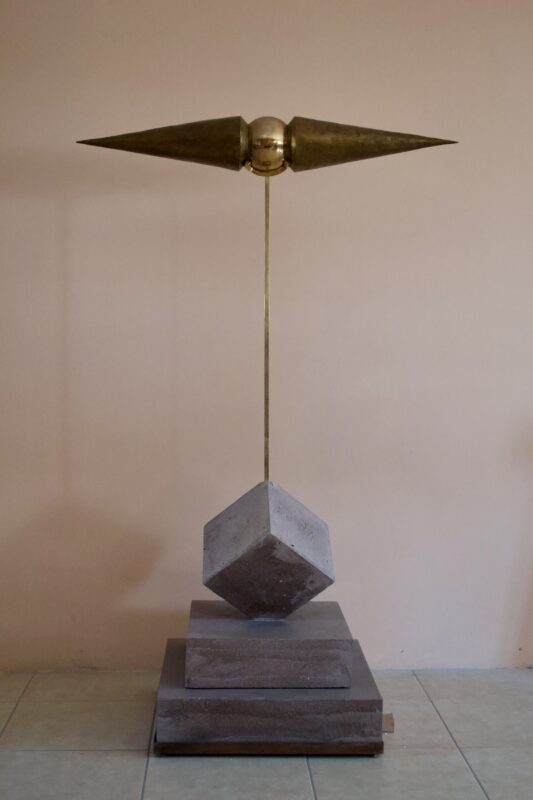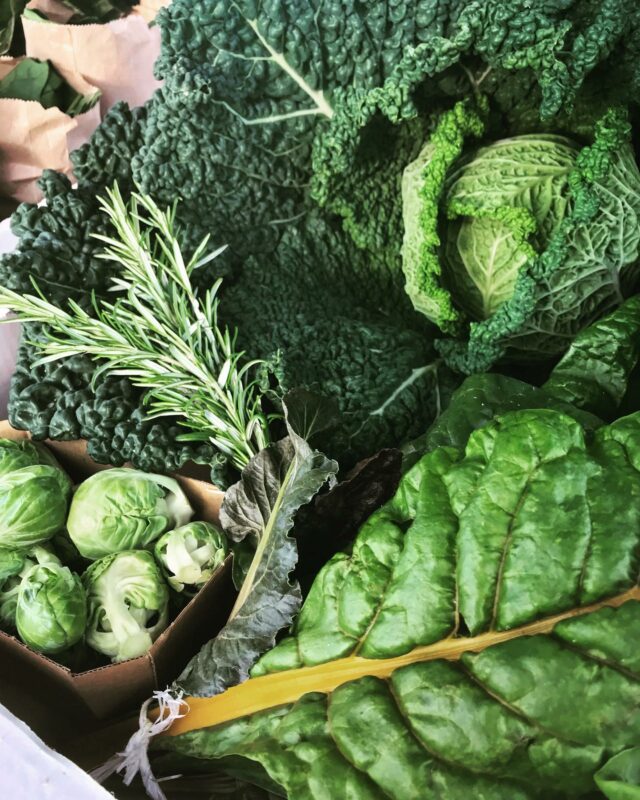During his childhood, his father Joseph introduced him to the craft. In 2007, while still studying business administration at Leister, he began working as an assistant in the foundry. Over the years, Chetcuti took on more and more responsibility: he managed the production schedules, ensured that the strict quality standards and project deadlines were met and maintained relationships with suppliers. Eventually, he became director.
Working on the island is not always easy due to expensive imports. So it is necessary to find other materials that are already available on the island – and to find new creative ways to use them. Today, many crafts are at risk of fading away – to prevent centuries-old knowledge from being lost, they need to be adapted to today’s requirements, says Chetcuti. This is also why he is proud to be able to make a contribution to the Maltese art scene: His works have been shown in collective exhibitions such as ‘The Pandemic: Survival, Art, and New Action’ and ‘Contemporary Traditions’.
© Courtesy of the artist
Which place do you currently call home and where do you work on your projects?
I live in the centre of the island, in a densely populated area called Hamrun. It’s located just a couple of kilometres outside of the capital city, Valletta. I run a fine arts foundry in the Luqa Industrial Zone, further outside of the centre. The foundry was started by my late father, Joseph Chetcuti, who was also a sculptor. I learnt everything from him. Now I use the space to continue the foundry work and as my own studio space.
Do you have a favourite place in your area where you like to relax and linger?
To relax I like to go by the sea. When my wife and I have time, we like to go to the west side of the island where there are a few sandy beaches, and catch the occasional sunset. Otherwise we like to go to Manoel Island. It’s an island in Marsamxetto Harbour, the harbour being situated on the west side of Valletta. It provides the only quiet setting, within reach by walk from home.
© Visit Malta
Are there any urgent political issues or problems in your region?
Malta is the only European union member with a complete ban on abortion. Contraception is available, somewhat and sexual education is laughable at best. There are groups trying to change the situation but they have very little political backing.
Also the current government has opted to bring to the island thousands of third country nationals to fuel any economy with low pay workers. This proved to be profitable for the Maltese at the cost of an urban landscape now unrecognisable from 15 years ago. And due to the influx of thousands of workers, there Maltese found it very profitable to build as much accommodation as they could. No matter how unliveable the apartments are. As long as they barely pass local standards and can be rented out.
In your opinion, what has developed well in the last 5 years – and what has not?
The art scene has been developing at a steady pace. There are a lot of emerging new artists locally and we are seeing the first galleries holding their ground and staying in business. Hopefully we will see the Maltese art market amalgamate further with the international market. In the last years we have seen a continued boom in construction leading to a major degradation of the urban landscape. I believe this will push away many good minds from the island, unfortunately.
Do you know a hidden gem when it comes to local manufacturers – whether it’s arts and crafts, sustainable products or food?
Tal-Kampanjol is an aquaponics based farm in the limits of Siggiewi. They are cultivating crops without the use of any pesticides and reducing the amount of water they need for cultivation.
© Tal-Kampanjol
Is there anything particularly innovative in your region? Also in comparison to other places you have already visited?
Unfortunately, we as a population lack the rigor and discipline required to arrive at innovation. I am not informed in every particular niche that a human can delve into during their time but in general we don’t care enough, we would rather not do something than do. I personally would boil down this cultural disfunction to the natural heat. Than again our forefathers produced wonderful innovations in water retainment and collection. We are building underground carparks and malls.
Do you have a secret restaurant tip that you would like to share with us?
Taj Mahal in Hamrun is a good indian and reasonably priced restaurant. Me and my wife get take out often from there.
© Taj Mahal
Is there a local shop whose products are only available in your region?
Il-Lokal found in Valletta is really hard to reach.
What are your 3 favourite apps that you use every day and couldn’t live without?
In first place: Instagram – mostly because I get stuck scrolling through pictures and reels.
Next: any music app, I play music non-stop at work.
And last but not least: I like reading so some E-books, but I prefer the real thing.
Do you have any favourite newspapers or online magazines? And how do you keep up to date with politics or social and cultural issues?
I don’t really follow the local news. I find them mostly negative, and obviously leaning toward one political party or the other depending on the source. It is tiring to filter out the facts from such sources but unfortunately it’s what we have here.
When I travel I always buy the latest National Geographic, from the airport bookshop. It makes for an interesting read of different cultures around the world. CAI – Contemporary Art Issue is my favourite source for articles concerning the latest in the art world.
Imagine you could be mayor for a year – what would you change?
I would plant trees instead of parking bays forcing residents to sell their cars and use other means of transport. Especially because since my area is bang in the middle of the urban area of the island all the public transport routes cross through here. I would turn some roads into pedestrian zones during certain hours to re-introduce the ability for residents to move out of their homes and spend time outside. We used to have old people sitting in front of their homes, watching life go by, that simplicity disappeared completely. I’d introduce a payment system to drive into the centre with any vehicle at any time. I would also introduce hefty fines for negligent parking.
© Visit Malta
One last question: If you could choose another place to live – regardless of financial or time constrains – which one would you choose?
Lately, I have been considering moving my practice away from the island. I have not done much research yet but the first places that come to mind are Portugal or Spain.
© Christopher Chetcuti

